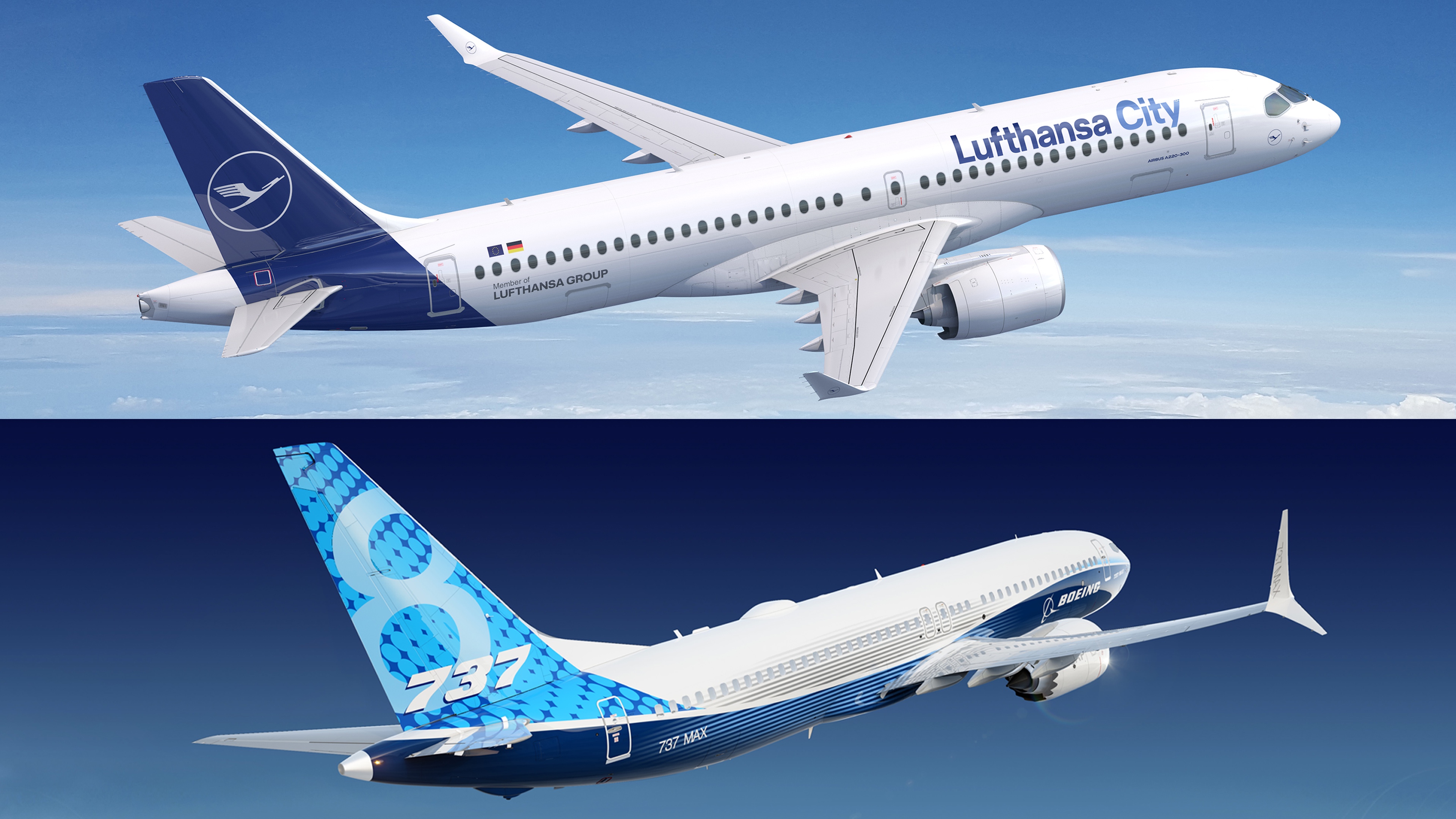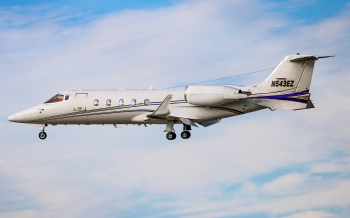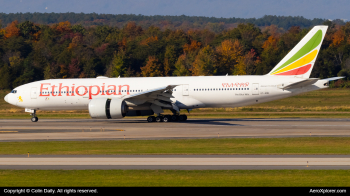In a surprising move that facilitated discussion across the aviation industry, Lufthansa, the iconic German carrier, has reignited a long-dormant partnership with Boeing.

The Purchase
After a 28-year break, Lufthansa placed a firm order for 40 Boeing 737 MAX 8 aircraft, with the potential to expand to a fleet of 100 through additional options. This decision marks a significant shift in strategy for Lufthansa, which has primarily relied on Airbus for its short- and medium-haul operations in recent years.
"It is a good strategic decision for the Lufthansa Group to order Boeing 737 aircraft again for the first time since 1995," said Carsten Spohr, Chairman of the Executive Board and CEO of Deutsche Lufthansa AG.
But while many see this as a knife into the side of Airbus, we need to acknowledge the purchase of 40 Airbus A220-300s for Lufthansa City Airlines and 20 purchasing options. Diversifying its fleet will provide Lufthansa with greater flexibility and potentially better negotiating power with manufacturers in the future.

The History
This return to the 737 family holds deeper significance for Lufthansa. They were, in fact, the launch customer for the original Boeing 737 way back in 1965, making this order a nostalgic return to their aviation roots.
"Our relationship with the Lufthansa Group has led to a number of industry-changing achievements, and we are delighted to see the 737 return to an original launch customer's fleet," Boeing Commercial Airplanes CEO Stan Deal.
The Lufthansa Group was one of the original launch customers for the B737, with the last B737-300 retiring in 2016. As the airline never invested in the NG (Next Generation) variants of the B737 family, this will prove the deal significant in aviation history.
.jpg)
Boeing's Future Outlook
After this deal, Boeing will have a great foothold in the European market, possibly opening doors to new airline purchases. The reasons behind this shift seem to have multiple roots. The impressive performance and economics of the 737 MAX, already proven by other airlines, undoubtedly played a role.
Additionally, the ongoing challenges faced by Airbus, particularly with production delays, might have pushed Lufthansa to explore alternative options. Furthermore, the increasingly competitive aviation landscape necessitates strategic adaptability, and this move could be seen as a way for Lufthansa to stay ahead of the curve.
.jpg)
The implications of this decision extend beyond Lufthansa. This order provides a much-needed boost to Boeing, which has faced headwinds with the 737 MAX due to safety concerns and the pandemic. Lufthansa's endorsement of the aircraft will be a powerful validation of its capabilities. It could reignite interest from other airlines considering fleet upgrades, with the arrival of the first Boeing 737 MAX-8 in Lufthansa's fleet expected in 2025. This renewed partnership between two aviation giants symbolizes a new chapter for companies and passengers worldwide.
Comments (0)
Add Your Comment
SHARE
TAGS
NEWS Boeing 737 MAX Boeing 737 MAX Aircraft Order Lufthansa GermanyRECENTLY PUBLISHED
 Learjet Owned By Vince Neil Crashes Into Gulfstream Jet, 1 Fatality Confirmed
On February 10th, around 14:30 local time, a Learjet private jet aircraft crashed into another private jet after landing at Scottsdale Airport (SCF) in Arizona.
NEWS
READ MORE »
Learjet Owned By Vince Neil Crashes Into Gulfstream Jet, 1 Fatality Confirmed
On February 10th, around 14:30 local time, a Learjet private jet aircraft crashed into another private jet after landing at Scottsdale Airport (SCF) in Arizona.
NEWS
READ MORE »
 Seattle Plane Strike 2025: Japan Airlines and Delta Collision Raises Safety Concerns
Seattle-Tacoma International Airport saw a concerning incident on Wednesday morning when a Japan Airlines (JAL) plane clipped a parked Delta Air Lines jet while taxiing. Thankfully, no one was injured, but passengers described the collision as a frightening experience.
NEWS
READ MORE »
Seattle Plane Strike 2025: Japan Airlines and Delta Collision Raises Safety Concerns
Seattle-Tacoma International Airport saw a concerning incident on Wednesday morning when a Japan Airlines (JAL) plane clipped a parked Delta Air Lines jet while taxiing. Thankfully, no one was injured, but passengers described the collision as a frightening experience.
NEWS
READ MORE »
 Ethiopian Airlines Expands Cargo Fleet with New Boeing 777 Freighter
Ethiopian Airlines has expanded its cargo fleet with a brand-new Boeing 777 Freighter, registered as ET-BAB (MSN 68140). The aircraft was delivered directly from Boeing’s factory in Everett, Washington, USA, and landed at Addis Ababa Bole International Airport at 3:41 PM (GMT+3) on Wednesday, January 22, 2025.
NEWS
READ MORE »
Ethiopian Airlines Expands Cargo Fleet with New Boeing 777 Freighter
Ethiopian Airlines has expanded its cargo fleet with a brand-new Boeing 777 Freighter, registered as ET-BAB (MSN 68140). The aircraft was delivered directly from Boeing’s factory in Everett, Washington, USA, and landed at Addis Ababa Bole International Airport at 3:41 PM (GMT+3) on Wednesday, January 22, 2025.
NEWS
READ MORE »



.jpg)

